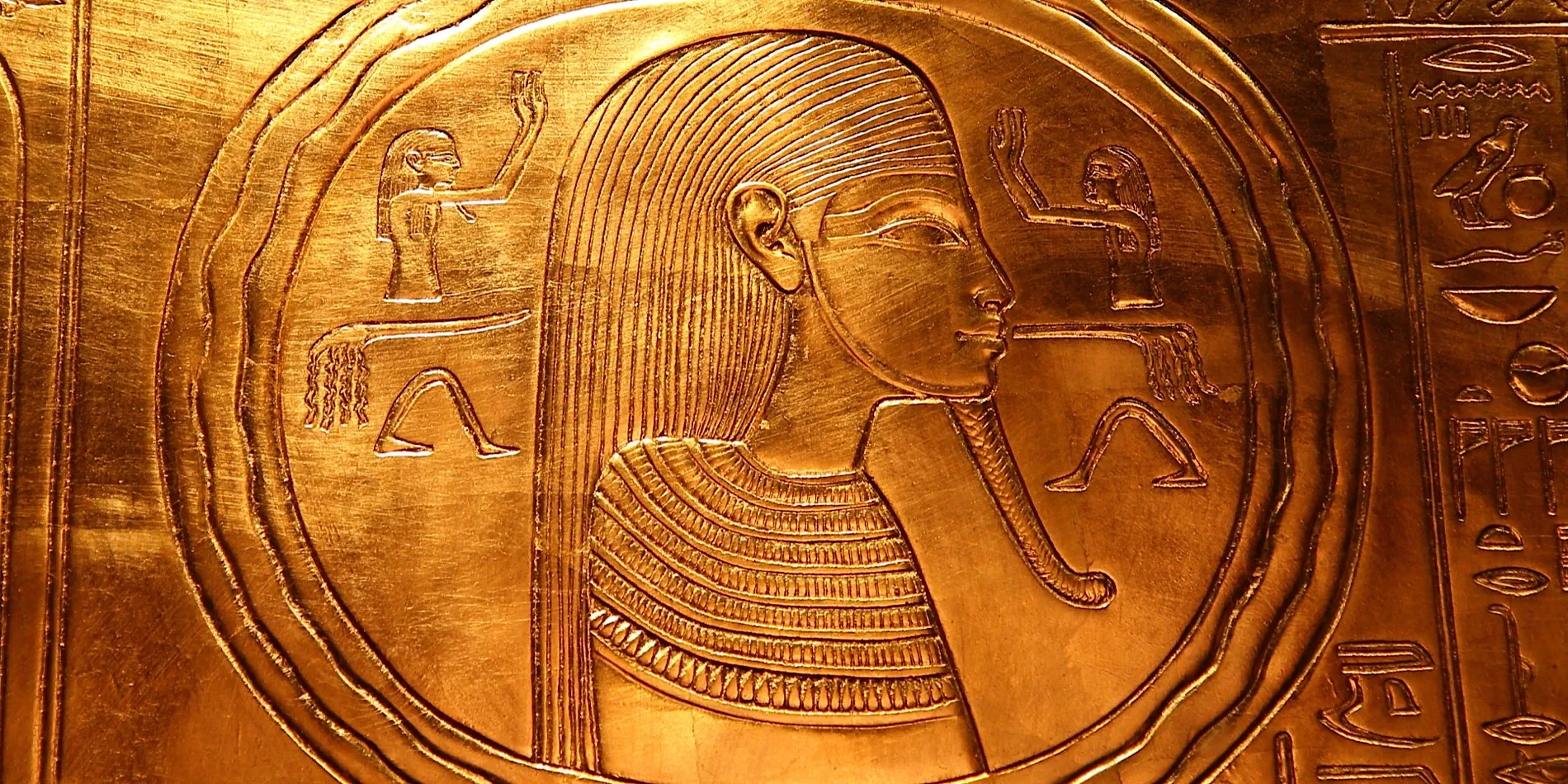Words
There sure are a lot of words. In fact, at the time of writing, the Oxford English Dictionary contains 218,476 words! But today we won’t be talking about just their meanings, we will be talking about the words themselves.
Homological and Heterological
double-barrelled • /ˌdʌb(ə)lˈbærəld/
adj. Consisting of two parts, often joined by a hyphen.
Synonyms: hyphenated, compound Antonyms: single, unhyphenated
Yes—I do think my definition markdown looks cool. And yes—I will keep using it. Anyways, why do I speak of double-barrelled? Well this word is an example of a heterological word, meaning it describes itself. Notice how double-barrelled is itself double-barrelled!
There are so many other words like this:
- Pentasyllabic: Having five syllables
- Adjectival: Of or relating to or functioning as an adjective
- Absolete: An obsolete spelling of obsolete
Pretty fun! But what about the opposite?
monosyllabic • /ˌmɒnəsɪˈlæbɪk/
adj. Consisting of one syllable.
Synonyms: one-syllable, terse, curt, laconic Antonyms: polysyllabic, long-winded, verbose
Monosyllabic is not monosyllabic! Well isn’t this fun, but just you wait.
Confusion
The world, or rather word, is never a simple place. Its full of contradictions and paradoxes we will never solve. It turns out, language has one built right in!
Kurt Grelling and Leonard Nelson, two philosopher/logicians posed the following question: “Is heterological heterological?” Let’s try test it both ways:
Assuming heterological is heterological: If heterological is truly heterological, then its definition must be different than the word itself, but as heterological means it does not describe itself, and since saying heterological is heterological would mean it does, this is obviously false by contradiction.
Assuming heterological is homological: If heterological is homological, then its definition must align with the word itself, but as the definition, as we said earlier, does not, this is obviously false by contradiction!
What!? Is it neither, or both, or…yeah this one breaks me too.
Conclusions
So what did we learn today? Language is fundamentally flawed? There are paradoxes everywhere? Sure. Take what you want, but I’ll just take this one as yet another piece of trivia.
Cya,
Ilan Bernstein
